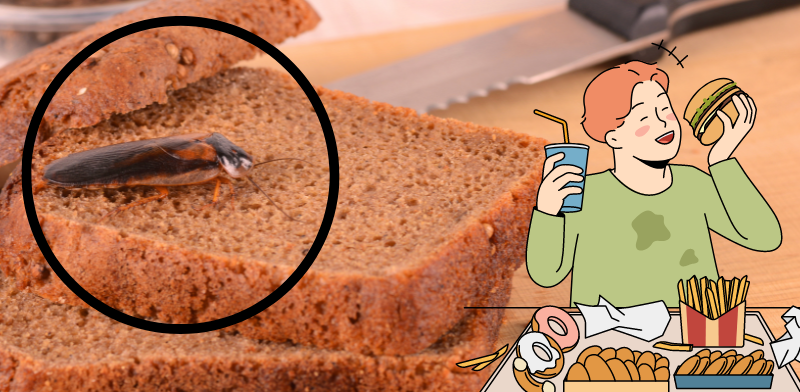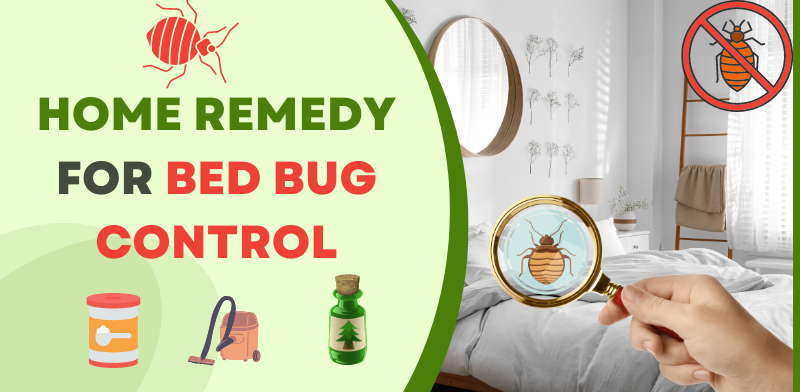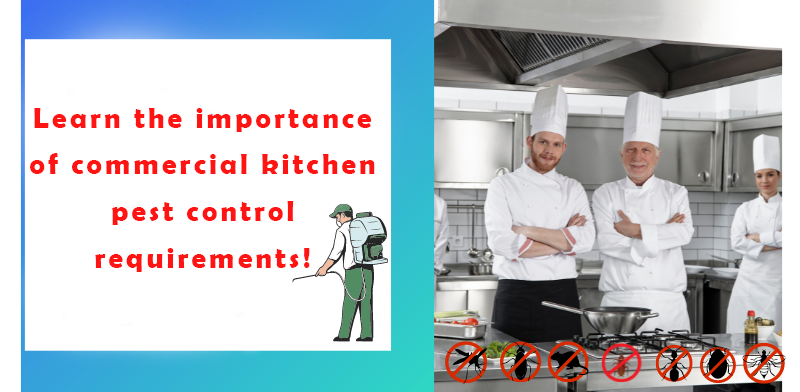
Why are hygienic food and safety pest control management important?
Food company operators bear the primary legal duty for food safety by guaranteeing that the ingredients and goods given to them by suppliers and their own procedures and products are safe and secure. The food business is particularly prone to pest infestations since food is naturally attractive to bugs. Additionally, food enterprises require effective pest control since pests provide a number of risks to facilities where food is prepared, including food contamination, disease transmission, and property damage.
Why It’s Important to Control Pests in the Food Industry:
While pests are a nuisance in all facilities, they may be the biggest concern in areas where food is prepared. These dangers include, among others:
- They spread disease: Various health problems have been linked to numerous pests. Rodents can spread Hantavirus, salmonellosis, and other dangerous infections. Cockroaches can exacerbate asthma and allergy problems.
- They cause property damage: Pests can harm your tools and other items. Examples of damage include eating electrical lines and drilling holes through walls and food containers, which can result in severe financial loss.
- They contaminate food: Pests can contaminate workstations and food products, endangering the health of both customers and staff.
- They can harm your reputation: A fly in the kitchen or a cockroach moving across the floor will give people a bad image of how you manage food. If customers notice bugs in your business, they will be less likely to trust you, and if word gets out, the health inspector may come to investigate you.
How pest control management helps to remove insects:
The goal of hygienic food and safety pest control management is to prevent pests from entering your food facility rather than to get rid of them after they are there. The following steps are involved in this strategy: The first and foremost step is inspecting incoming items, including trucks, packing, raw materials, and ingredients. Keeping pests out by doing routine inspections and maintenance on buildings to stop them from entering through windows, drains, vents, screens, doors, pipelines, roofs, etc. Food stores and containers should be pest-proof, spills should be cleaned up quickly, standing water should be removed, garbage should be placed in pest-proof containers, and storage places should be kept clean. Elimination of vegetation and debris from the surrounding area; monitoring, detection, reporting, and documenting of pests; and it is also important to put pesticides in a safe, regulated environment to avoid contamination.
In conclusion, Along with employing pest control services, it is important to maintain good personal hygiene to avoid food poisoning. Wash your hands thoroughly and frequently after handling food. Food workers need to receive enough instruction and training in handling food safely. Every person entering a food handling area is expected to wear clean, appropriate attire in order to safeguard the food from the handler.

